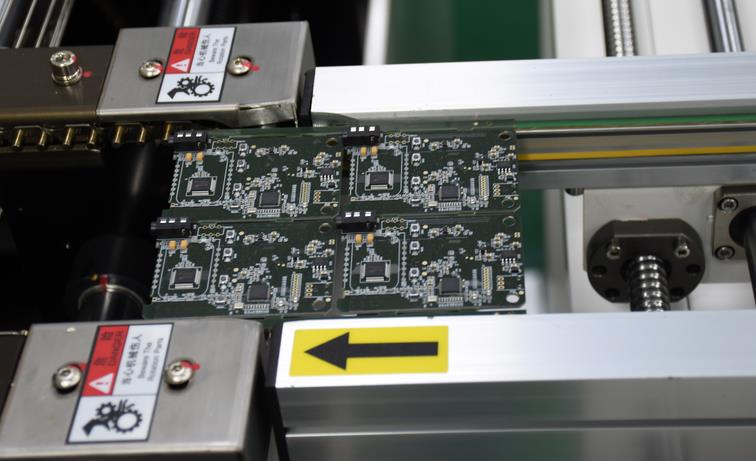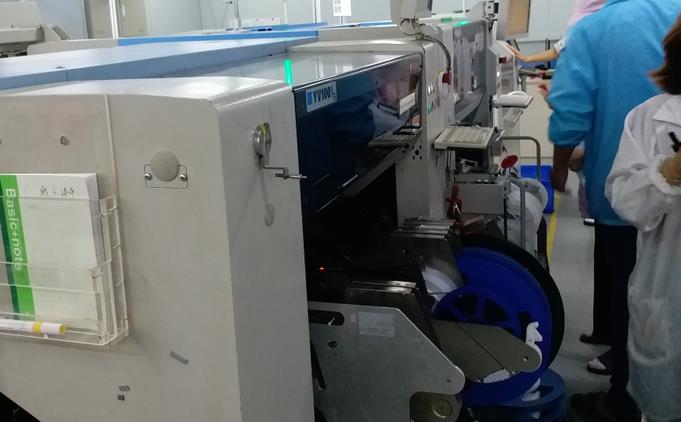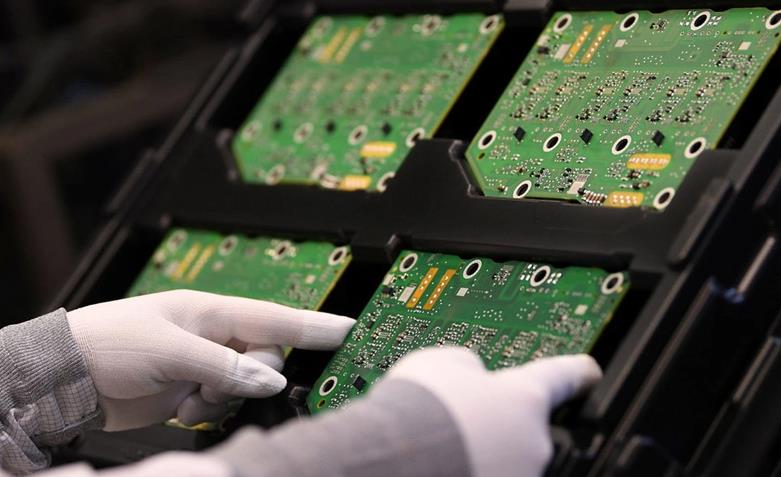What are the requirements for an excellent electronic PCB assembly manufacturer?
For an excellent electronic PCB assembly manufacturer, there are several key requirements that need to be met:
Clear service requirements:
Manufacturer should clearly understand the specific needs of the customer, including delivery time, quantity, and budget constraints.
Ideally, the manufacturer should offer a one-stop service from assembly to testing, covering design review, component procurement, assembly, testing, debugging support, warehousing, transportation, and after-sales support.
Industry experience:
The manufacturer should possess deep experience in the customer's product application area, especially in industries such as medical, aerospace, and automotive, where products need to comply with stringent industry standards.
Manufacturer websites often showcase certification information, which customers can further verify and request feedback from past clients to enhance trust.
Quality standards and certification:
Manufacturers should hold relevant certifications to ensure reliable quality, such as:
ISO 9001: Quality Management System certification
IPC-A-610: Acceptability Standard for Electronic Assemblies in Medical, Aerospace, Defense, and High-Reliability Applications
AS9100: Certification for aerospace PCBs
ISO 13485: Specific standard for medical PCBs
These certifications require regular third-party audits, and manufacturers need to continuously train their employees to follow prescribed procedures.
Supply Chain Management:
Excellent manufacturers possess robust supply chain management mechanisms to ensure a stable supply of original and genuine components.
They review bills of materials (BOM), strategically arrange procurement, and source components from qualified suppliers to prevent counterfeit parts.

Process flexibility and technical strength:
Manufacturers should have advanced equipment and professional talent to handle complex assemblies, such as high density interconnect (HDI), high-speed, and high-power applications.
They should also be able to adjust and customize products based on customer needs.
Customer support:
Before cooperation, confirm that the manufacturer can provide dedicated project support with open and transparent communication.
Any response delays or ambiguity should be viewed as warning signs.
Reasonable cost and time cost:
The manufacturer's quotation should match its services and quality standards.
Planning can help reduce costs without sacrificing quality. Excellent manufacturers can assess design manufacturability, optimize from the design stage, and utilize advanced testing methods to detect errors early, significantly shortening delivery cycles.
Production environment and equipment requirements:
Manufacturers should have clean, ventilated, dust-free, and noise-free production workshops with temperature, humidity, and light intensity meeting national standards.
They should also possess a complete set of standard production lines and testing equipment, ensuring high-quality and stable output.
Personnel requirements:
The personnel in the production workshop should have certain experience and skills, having undergone relevant training and assessment.
They should be familiar with various production processes and testing standards.
By meeting these requirements, an electronic PCB assembly manufacturer can establish itself as an excellent choice for customers, providing high-quality, reliable, and cost-effective products and services.
Tags: PCB_assembly /manufacturer /electronic_PCB_assembly_manufacturer /
Prev: What does quick turn printed circuit board mean How to understand?
Next: How important is ESD static protection during PCBA processing?









